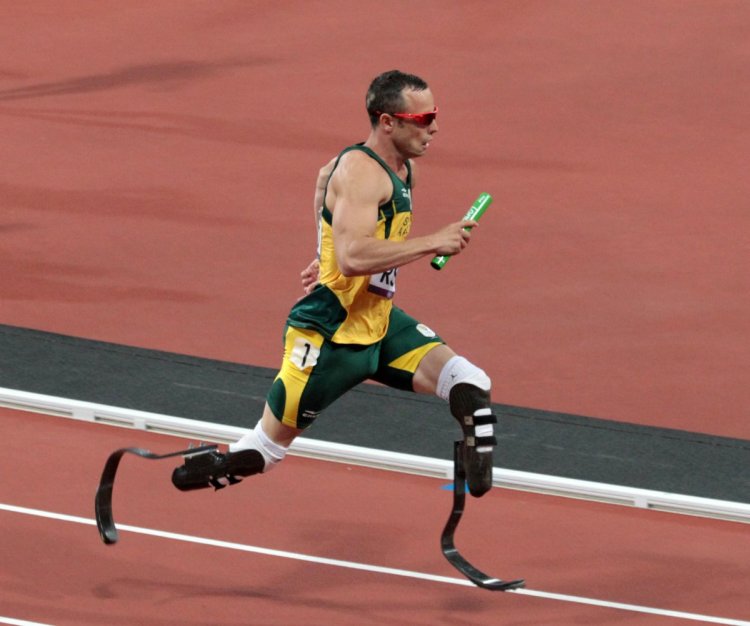It’s a decade since Oscar Pistorius killed his girlfriend

Ten years ago, on February 14, 2013, former athlete Oscar Pistorius killed his girlfriend, Reeva Steenkamp, after shooting her four times in her home in Pretoria, South Africa.
It was the beginning of the decline of an athlete who until that day had become a Paralympics idol, not only for his successes but also for his fight for equality, for exemplifying how sport had been key to his integration since he was 11 months old, as after being born without a fibula, doctors had to amputate both legs below the knee.
Pistorius had also fought to compete in the Olympic Games with able-bodied athletes, something that was denied in the first instance by the IAAF, which considered that the prostheses gave him an advantage, but was later authorized by the Court of Arbitration for Sport (CAS).
Thus, after failing to achieve the minimum qualifying standard for Beijing 2008, Pistorius competed at the Olympic Games in London. He ran the heats and 400 meters semifinals, as well as the last leg of the 4x400 relay final.
But that aura of a great sporting hero was shattered in the early hours of February 14, 2013, when he shot his girlfriend to death at her home in Pretoria.
The former sprinter, who lived obsessed with security in a country with one of the highest violent crime rates in the world, claimed after his arrest that the violent response was because he mistook his partner for an intruder.
The police investigation, however, revealed a different side of Pistorius, revealing that there was jealousy and previous arguments in the relationship, as witnessed by several neighbors, who did not support the version of the athlete.

Days later Pistorius was formally charged with murder. The media trial began in March 2013 and lasted until mid-August. A first verdict came on September 11, with the former athlete avoiding life sentence by being acquitted of murder. However, he was sentenced to five years by Judge Thokozile Masipa.
The prosecution appealed and two years later, after reviewing the evidence, the Supreme Court of Appeal overturned that sentence to issue a new ruling, in which it found Pistorius guilty of murder and increased his sentence to six years.
In November 2017, after further appeals, the Supreme Court of Appeal definitively increased his prison time to 13 years and five months, a sentence in which the judge took into account the more than two years already served in prison, in addition to house arrest, to avoid reaching 15 years, the minimum sentence for murder in South Africa.
A decade after the incident, the former sprinter could apply for parole under South African criminal law. To this end, he was transferred a few months ago to a prison near the town where Reeva Steenkamp's parents live as a measure to facilitate the dialogue between victim and offender, an essential prior step to achieve this conditional release.
A committee, which will gather reports from psychologists, social workers and prison staff, will decide whether Oscar Pistorius can be released on parole.




















